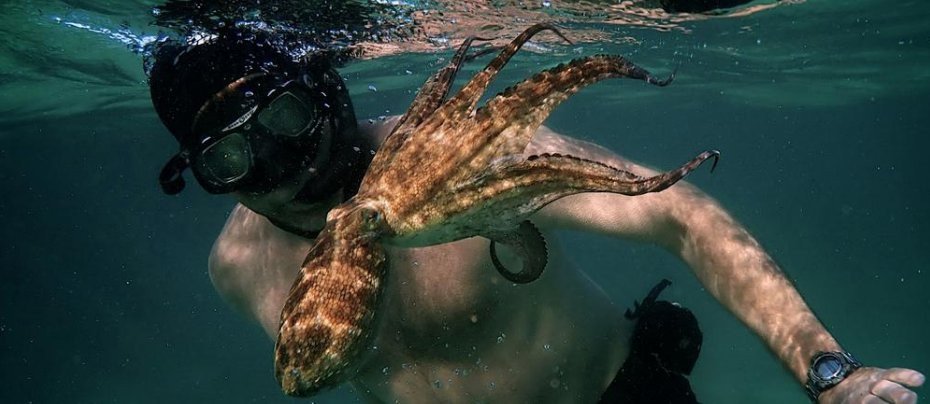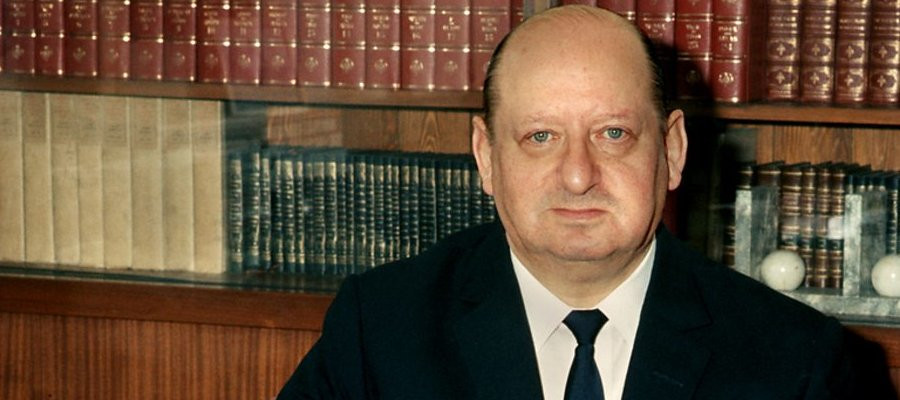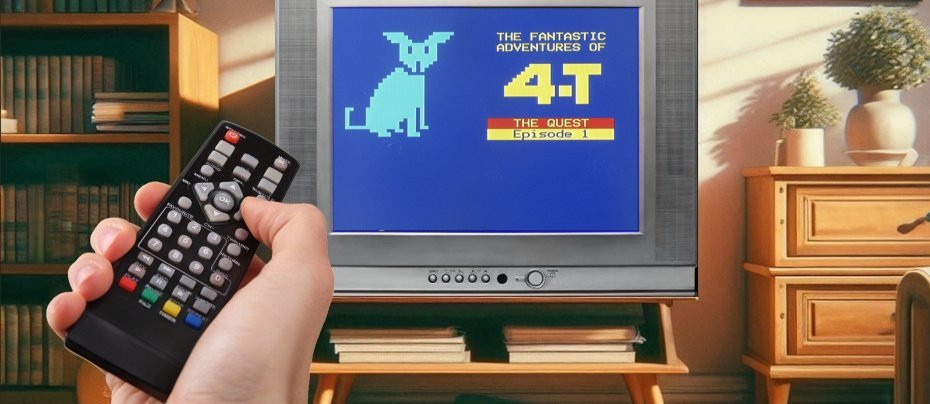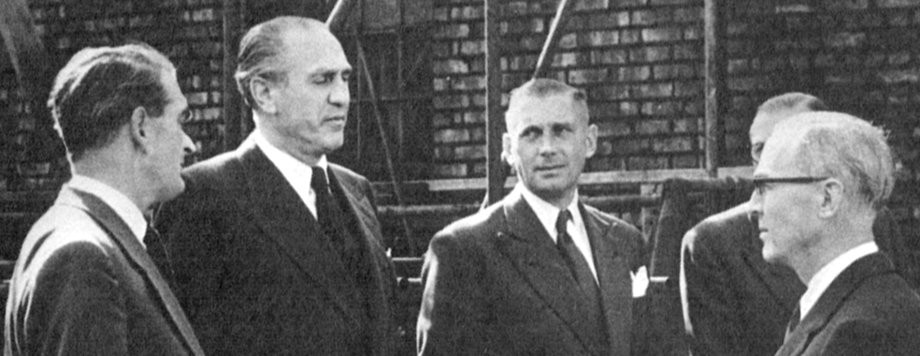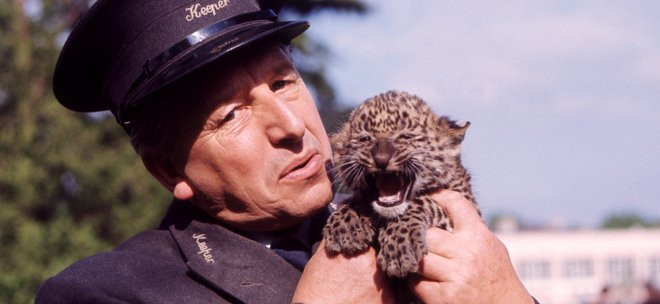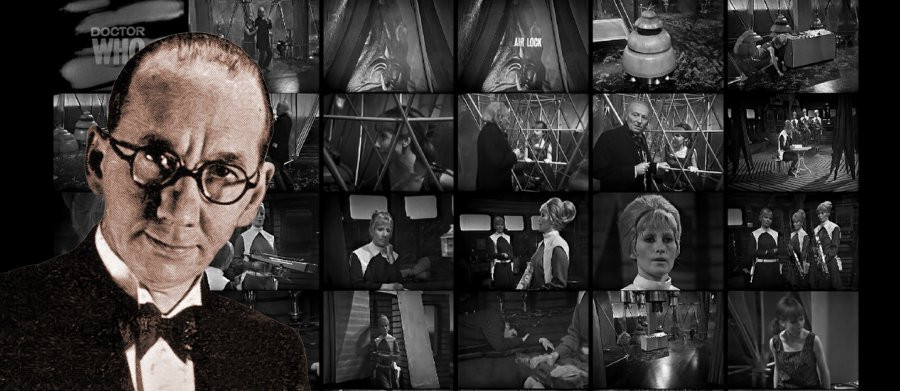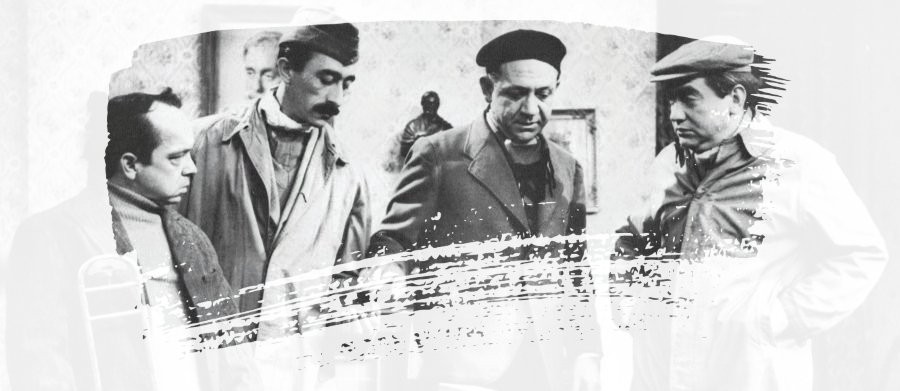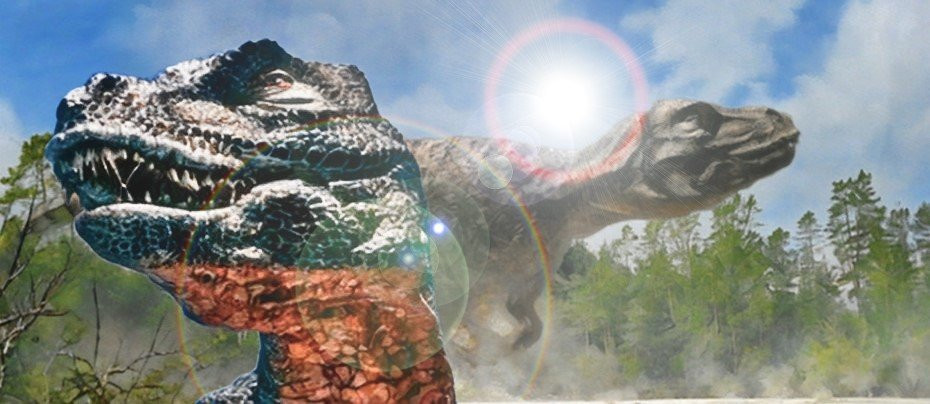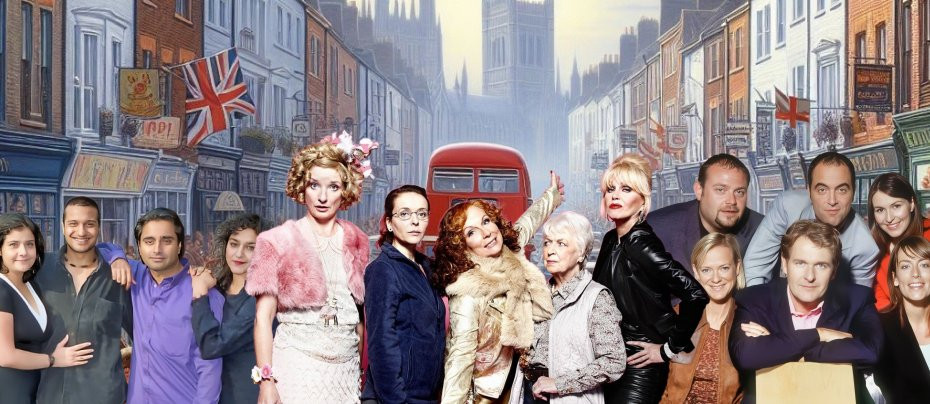
The Nineteen Nineties
Article by Reeva Charles
The final decade of the millennium promised to fulfil the cultural, technological and social changes begun in the previous decade. Perhaps it was a sign of things to come that the top UK pop single in the opening month of the decade was New Kids on the Block's Hangin' Tough. Certainly the generation who had protested and sung 'Free Nelson Mandela' were rewarded in as early as February when the South African antiapartheid activist was finally freed after spending 27 years as a political prisoner.
However, in Britain long-standing Prime Minister Margaret Thatcher was coming unstuck facing large-scale opposition from within her own parliamentary party. Peering tearfully from behind the net curtains of 10 Downing St, she finally resigned and by the end of November 1990, John Major succeeded her as party leader and prime minister. Major was now cast in at the deep end with the Allies' 1991 launch of Operation Desert Storm in the Gulf War against Iraq.
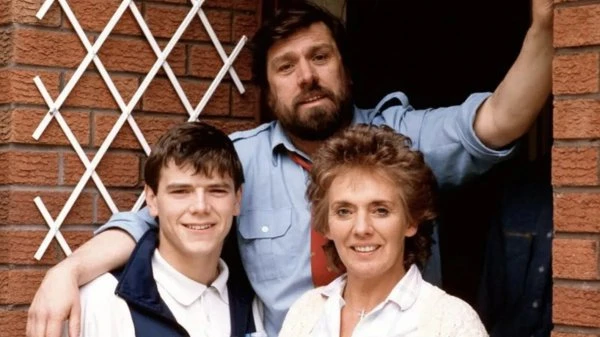
On the first day of the new decade, Rowan Atkinson as Mr. Bean, debuted on ITV and the public laughed out loud at the antics of the 'child in a grown man's body' which became a worldwide and enduring hit. Stars in Their Eyes, the tribute talent show, started in 1990 and became one of Britain's most successful shows. 'Sin was in' with the sit-com Absolutely Fabulous and its portrayal of the boozy, impulsive lifestyle of a mother, played by comedian Jennifer Saunders, compared to her straight-laced daughter. TV soaps continued to be popular with Channel Four's Brookside achieving high ratings due to controversial subjects including the first screen lesbian kiss and the infamous 'body under the patio' plotline. Many programmes that defined the decade are still popular even years after the last episodes were aired. Ultimately though the 1990s was the 'Decade of Friends', the story of the six kooky friends sharing a New York apartment. The show, which ran from 1994 until 2004, is always being repeated on a TV channel somewhere to satisfy its continuing fans.
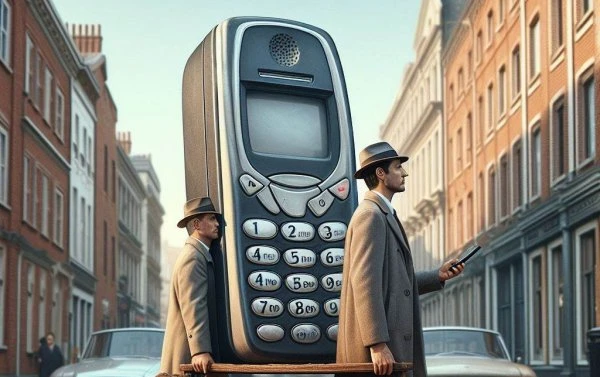
Meanwhile the typical 1990s household was enjoying becoming used to living in a newly digitised world. The small advances made in the previous decade were now developed for domestic use and were increasingly affordable. Homes now had personal computers, improved televisions, CD players and digital cameras. By the end of the decade the first brick-like mobile phones had become smaller, cheaper and more popular. Even holidaying was looking up; Britons who had before headed for the packaged sunny Costa Del Sol now had another option - in April 1992, Euro Disney opened in France, followed in May by the new Channel Tunnel linking London and Paris by Rail.
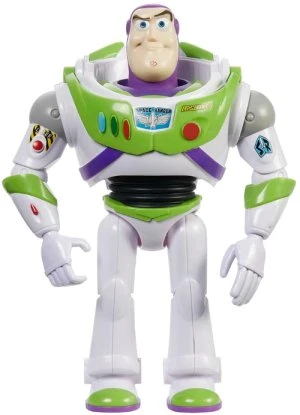
Technology also had a major impact on popular children's toys in the 90s. Toys with fancy computer gaming systems such as the enduring Pokémon and the electronic pet Tamagotchi were must-haves as well as talking dolls and bears, including the furry, bug-eyed Furby (for an eye-popping £60!) causing queues over the peak Christmas periods with desperate parents searching for available stock. Other popular toys of this era were the miniature Polly Pockets and the Bratz dolls, the cool alternative to the now-dated Barbie. The most popular films of the era were designed to appeal to children. The first full-length CGI movie, Pixar's Toy Story, was released, revolutionising animated films, while a Disney Renaissance took place when the studio returned to making traditionally animated musical family classics such as Beauty and the Beast, Aladdin, and The Lion King. As for grown-ups, they swooned to the 1997 movie Titanic, featuring Leonardo DiCaprio and Kate Winslet, which went on to become the highest grossing movie of all time. Other popular films of the decade included Dances with Wolves (1990), Forrest Gump (1994) and The English Patient (1996).

In the literary world the first Harry Potter book was published in 1997 by author J.K. Rowling who then started rolling out her hugely popular series about the endearing, bespectacled boy wizard; it was read by adults and children alike. Elsewhere, women sympathised with the dieting, boozing and love dilemmas of Helen Fielding's heroine in the best-selling Jones Bridget Diaries. As PM John Major contended on the world stage with a Gulf War, the falling apart of Yugoslavia and the 1991 dissolution of the Soviet Union into 15 separate republics, he found himself facing a tough general election at home in which there was significant support for the opposition under Labour Leader Neil Kinnock. However the tabloid Sun newspaper's election day headline on 9 April 1992 - "If Kinnock wins today will the last person to leave Britain please turn out the lights," - was thought to have helped Major secured a surprise, albeit slim, victory.

It had also been a pretty tricky year for the British monarchy too. Making a speech on 24 November 1992, marking the 40th anniversary of her accession, Queen Elizabeth II famously described the year as an annus horribilis. It had been a year of divorces (Anne, Princess Royal and Captain Phillips) and separations (the Duke and Duchess of York) and start of the "War of the Waleses" with the publication of the searing book Diana: Her True Story, written by Andrew Morton, but thought to have been approved by Diana, Princess of Wales, which laid bare the sorry state of the royal marriage. The embarrassingly frank 'squidgygate' and Camillagate' tapes for the first time revealed to the public a side of the monarchy they never heard before.
With previous role models now becoming tabloid fodder, it is no surprise that elsewhere cultural barriers were being broken. 'Girl Power', 'New Lads' and 'Laddettes were all the rage and challenging gender stereotypes. The 1990s meant that it was ok to be a 'New Man' who read GQ men's magazine, liked football and went drinking with the lads, but who was also educated, sensitive and read proper books - David Baddiel and Trevor Horby were the role models now. Meanwhile girl bands such as the Spice Girls and the All Saints strutted their stuff in mini-skirts or cargo pants in their own brand of female empowerment while wanting to "spice up your life" with a certain unforgettable 'zigazig ah!'
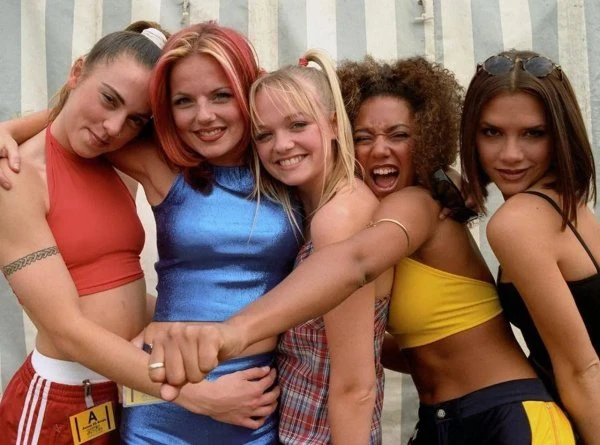
The Spice Girls had taken the world by storm and are often thought part of the mid-to-late 1990s wave of successful British bands that made a massive international impact. The most successful of these included Radiohead, Oasis, Blur, Pulp, The Verve and Massive Attack. The public loved their style, from Alex from Blur's hair to Liam Gallagher's blue Adidas coat. Their uniquely British alternative rock sound gave us the Britpop phenomena which was part of the Nineties 'Cool Britannia' culture that also included the 'Brit Art' crowd and its star pupil Damien Hirst.
To the soundtrack of D-Ream's "Things Can Only Get Better", Labour's bright new hope, Tony Blair, swept to power on 1 May 1997 with a huge majority. Voters had been persuaded by his 'New Labour' campaign and a mood of optimism infected the country. Yet four months later, Blair, alongside a shocked nation, was faced with the challenge of coping with one of the defining events of the decade: the sudden death of Diana, Princess of Wales, on 31 August in a car crash in Paris. He coped with aplomb and was credited with the lasting description of Diana as the "People's Princess", a phrase successfully crafted to chime with the public mood.

As the decade closed the Internet had taken a firm and addictive hold - by 1998 there were 130 million web users in the world trying to get to grips with a new-fangled thing called the Google Search Engine; the National Lottery had been launched and 24-hour shopping and Sunday trading had become common place. In 1999, in East London, the idea of a website dedicated to the best television shows of all time began to take shape.
On millennium eve Queen Elizabeth II and Prime Minister Tony Blair joined a party at the ill-starred Millennium Dome in Greenwich, south east London. The world planned to party like it's 1999 while at the same time freaking out about the "Y2K Bug" fearing the reaction of the worlds' computers to the new millennium.
Our pick of the best British TV shows of the 1990s:

Published on May 2nd, 2024. Written by Reeva Charles for Television Heaven.


